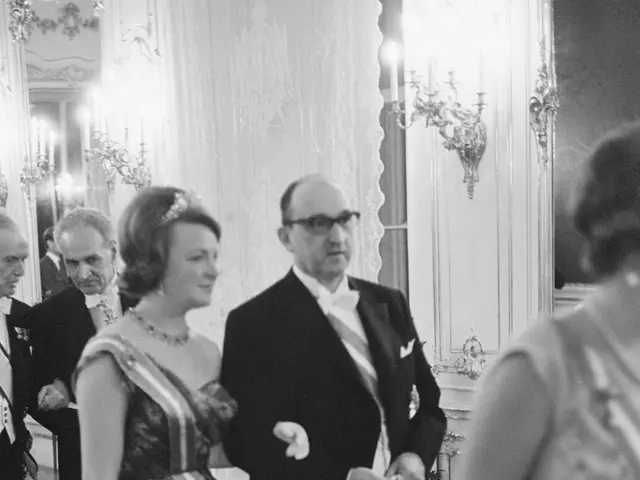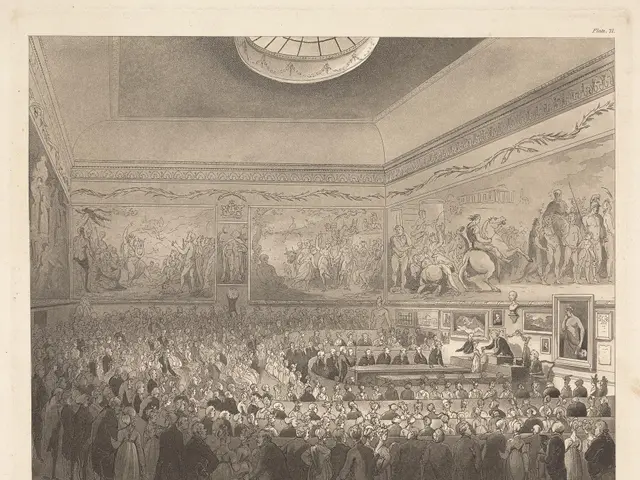Annoyances she finds with 'Sex and the City' series: - Characters finding certain scenes or topics unsettling on "Sex and the City"
In a recent conversation with Grazia magazine, Cynthia Nixon, the actress behind the iconic character Miranda Hobbes in "Sex and the City," addressed several aspects of the beloved series that she finds problematic, particularly regarding diversity and LGBTQ+ representation.
Nixon acknowledges that the show, now over two decades old, remains relevant and mostly great, but admits that certain elements have not aged well. Particularly difficult for her was the show's lack of racial diversity. "Being part of a largely white production was always challenging," Nixon said, recalling her frustration at the explanation that the show reflected the world of its author, Candace Bushnell, which she described as "very white."
In addition, Nixon criticized some of the show's portrayals of LGBTQ+ issues, deeming certain trans and gay storylines a bit outdated. Despite praising the series for its trailblazing feminist approach to women's sexuality and independence, Nixon acknowledges that this Open-mindedness did not always extend to queer characters and experiences.
However, Nixon remains a supporter of the series, affirming its revolutionary status. "Sex and the City was, and always will be, a feminist show," she emphasized. The show's central message, groundbreaking at the time, was that a woman could have multiple sexual partners without being labeled a slut, and that sexuality was not a tool for personal gain.
As the show is revisited and its spin-off, "And Just Like That…," introduces new queer and nonbinary characters, Nixon's critique serves as a reminder of the need to address and correct past oversights in representation.
Cynthia Nixon, the actress who portrayed Miranda Hobbes in the cult series Sex and the City, discussed issues of diversity and LGBTQ+ representation in the show during a recent interview with Grazia magazine. She admitted that while the show has remained relevant and mostly great, certain aspects, such as the lack of racial diversity and outdated portrayals of LGBTQ+ issues, have not aged well. Nixon, however, remains a supporter of Sex and the City, acknowledging its revolutionary status in feminist storytelling and independence. As the show is revisited and its spin-off introduces more diverse characters, Nixon's critique serves as a reminder of the need for more inclusive representation in popular culture and entertainment, particularly in the realm of movies and TV, lifestyle, celebrities, and pop-culture. The show's family-dynamics and relationships have shaped and influenced our understanding of these topics in the past and continue to do so today.








